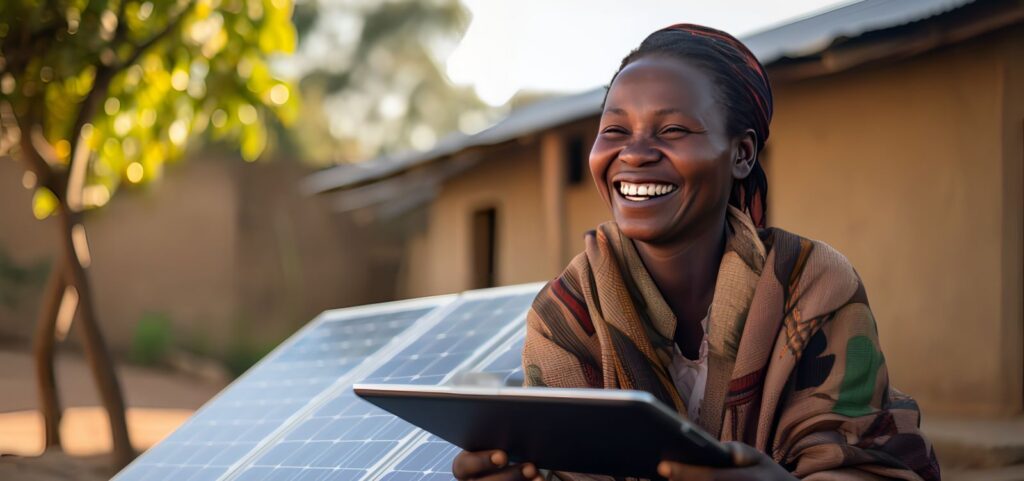
So far the training has benefited:
70
officials
31
students
11
countries
13
partner institutions
Globally, climate change poses a severe threat, particularly affecting vulnerable regions like sub-Saharan Africa. Climate shocks in this area worsen social tensions and food-security concerns uniquely. The region has long neglected climate change issues, requiring urgent and reliable financial resources to address extreme weather events. Concerns also persist about the lack of strong mechanisms to prevent the diversion of existing climate financing.
In response, Financial Sector Deepening (FSD) Africa created a
Climate Finance Training Programme to boost the capacity of African policymakers, regulators, industry professionals, and financial sector experts. The goal is to heighten awareness, develop policies, and design financial products that mitigate the cost and impact of climate change in the region, addressing the significant green funding gap in Africa.
A vital component of the training was to provide the requisite skills needed to access the Green Climate Fund (GCF) and other climate funds by exploring accreditation of direct access entities (DAEs), training of key technical staff within governments and other nonstate actors through the provision of project preparation support to assist capital mobilization for climate-resilient projects.
Following the climate finance training, policymakers, regulators, and financial professionals have amplified their voices in raising awareness of climate financing.
The Climate Finance Training Programme is expected to experience a sixteen-fold increase in investments within the Sub-Saharan Africa region through funds raised. This funding will be a combination of 40% from climate funds (including the GCF) and 60% from private sector financing tools, attributing the growth to capacity building.
The training strives to empower participants in creating new networks, strengthening existing ones regarding climate finance sources, and inspiring investor confidence in climate-smart projects by ensuring the availability of locally trained professionals to champion the delivery of appropriate climate finance products.
During climate finance training, FSD Africa discovered that many African countries do not benefit from the GCF and other climate funds. The main obstacle is the lack of capacity in national environmental entities, hindering access to climate finance. To address this, urgent action is needed to build institutional capacity and accredit these entities for easier access to climate funds. This requires integrating the climate change agenda into policy, fostering attitude change towards mitigation, adoption, and resilience building.